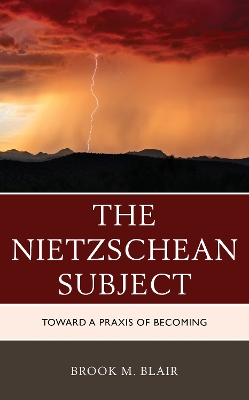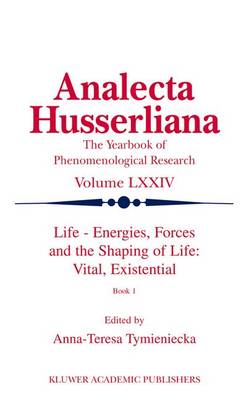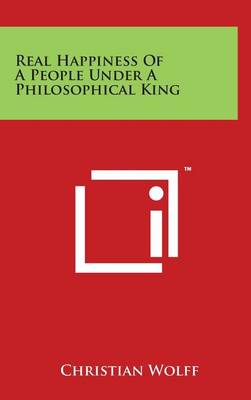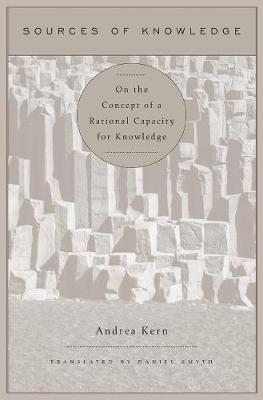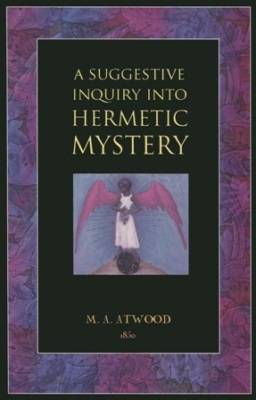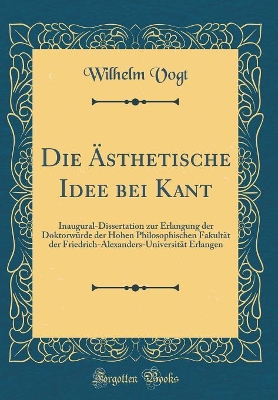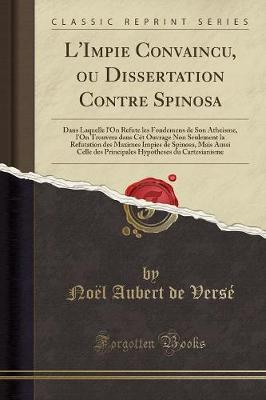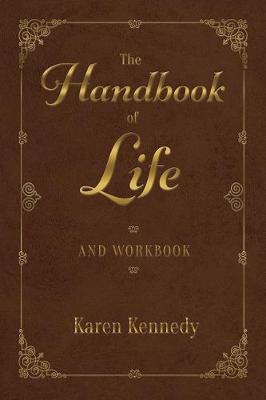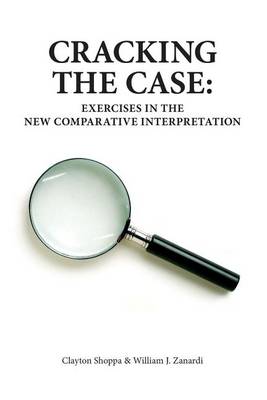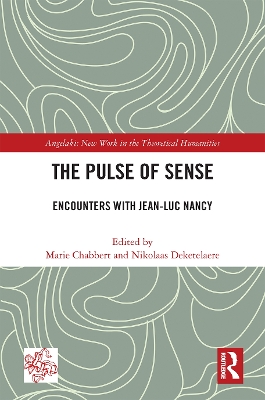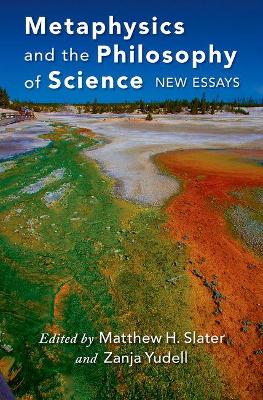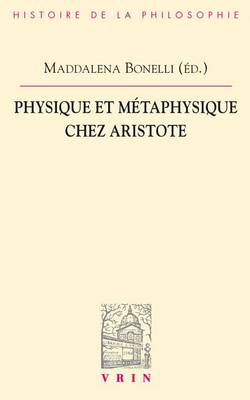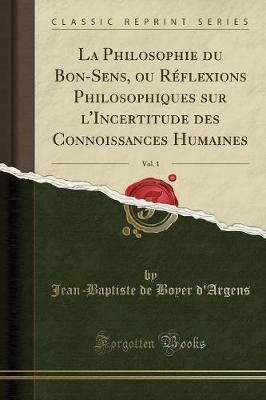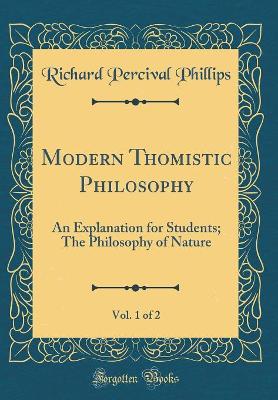Samuel C. Rickless presents a novel interpretation of the thought of George Berkeley. In A Treatise Concerning the Principles of Human Knowledge (1710) and Three Dialogues Between Hylas and Philonous (1713), Berkeley argues for the astonishing view that physical objects (such as tables and chairs) are nothing but collections of ideas (idealism); that there is no such thing as material substance (immaterialism); that abstract ideas are impossible (anti-abstractionism); and that an idea can be lik...
The great German idealist philosopher G. W. F. Hegel has exerted an immense influence on the development of philosophy from the early 19th century to the present. But the metaphysical aspects of his thought are still under-appreciated. In a series of essays Robert Stern traces the development of a distinctively Hegelian approach to metaphysics and certain central metaphysical issues. The book begins with an introduction that considers this theme as a whole, followed by a section of essays on He...
Based upon an attentive reading of Nietzsche's writings and situated within a framework derived largely from such post-Nietzschean thinkers as Deleuze, Guattari, Klossowski, Foucault, Derrida, Negri, and Sloterdijk, this study develops a treatment of Nietzsche's philosophical enterprise as constituting a materialist metaphysics of pure becoming, of pure immanence and the power of the virtual. It thus seeks to challenge traditional characterizations of Nietzsche as laying claim either to the end...
Life Energies, Forces and the Shaping of Life: Vital, Existential (Analecta Husserliana, #74)
The nature of life consists in a constructive becoming (see Analecta Husserliana vol. 70). Though caught up in its relatively stable, stationary intervals manifesting the steps of its accomplishments that our attention is fixed. In this selection of studies we proceed, in contrast, to envisage life in the Aristotelian perspective in which energia, forces, and dynamisms of life at work are at the fore. Startling questions emerge: `what distinction could be drawn between the prompting forces of li...
Real Happiness Of A People Under A Philosophical King
by Christian Wolff
How can human beings, who are liable to error, possess knowledge? The skeptic finds this question impossible to answer. If we can err, then it seems the grounds on which we believe do not rule out that we are wrong. Most contemporary epistemologists agree with the skeptic that we can never believe on grounds that exclude error. Sources of Knowledge moves beyond this predicament by demonstrating that some major problems of contemporary philosophy have their roots in the lack of a metaphysical cat...
Carl Hauptmann, Erzahlungen Und Epische Fragmente Aus Dem Nachlass (Textband)
L'Impie Convaincu, Ou Dissertation Contre Spinosa
by Noel Aubert de Verse
The Pulse of Sense (Angelaki: New Work in the Theoretical Humanities)
This volume stages a series of encounters between the French philosopher Jean-Luc Nancy and leading scholars of his work along four major themes of Nancy's thought: sense, experience, existence, and Christianity. In doing so, the volume seeks to remind readers that Nancy's sens has many meanings in French: aside from those that easily carry over into English, i.e., everything to do with "meaning" and "the senses"; it also includes the "way" they are "conducted," the "direction" they take, the...
Examining afresh the 16th-century style of mannerism, Sjoerd van Tuinen synthesises philosophy and aesthetics to demonstrate not only the contemporary relevance of mannerism but its broader significance as a form of modal thinking. Beyond a style of art that spurned the balance and proportion of earlier Renaissance painting in favour of compositional instability and tension, this book looks a-historically at mannerism to investigate what it can tell us about continental modal m...
Metaphysics and the Philosophy of Science
The question of the proper role of metaphysics in philosophy of science is both significant and contentious. The last few decades have seen considerable engagement with philosophical projects aptly described as "the metaphysics of science:" inquiries into natural laws and properties, natural kinds, causal relations, and dispositions. At the same time, many metaphysicians have begun moving in the direction of more scientifically-informed ("scientistic" or "naturalistic") metaphysics. And yet many...
Physique Et Metaphysique Chez Aristote (Bibliotheque D'Histoire de la Philosophie)


